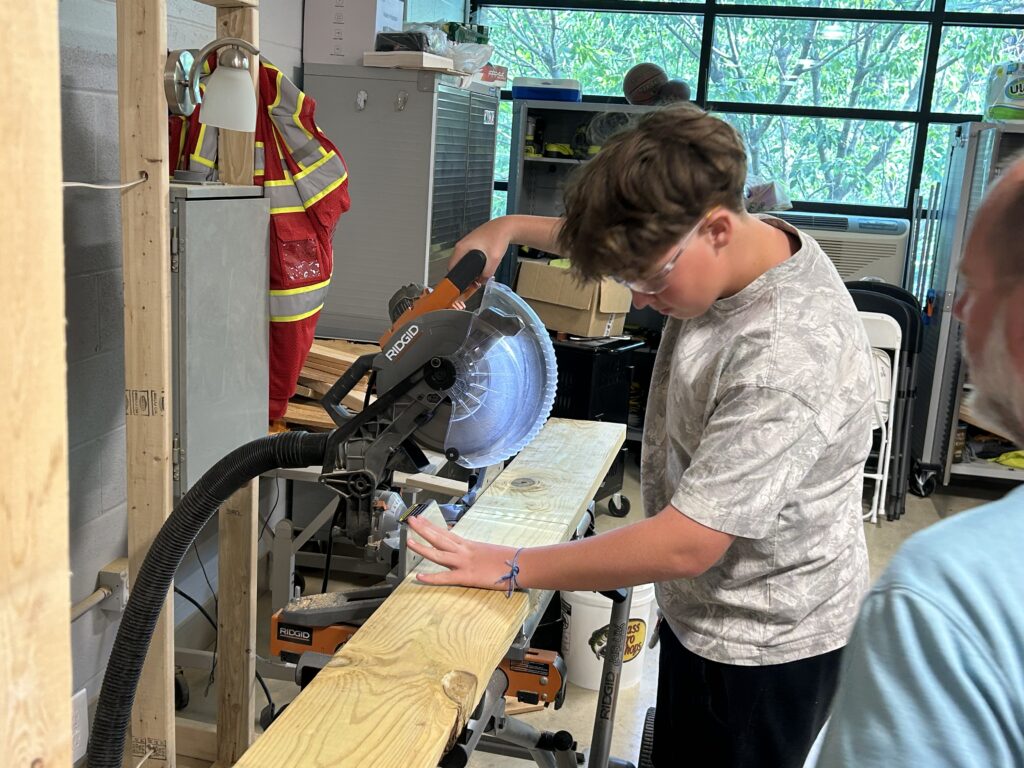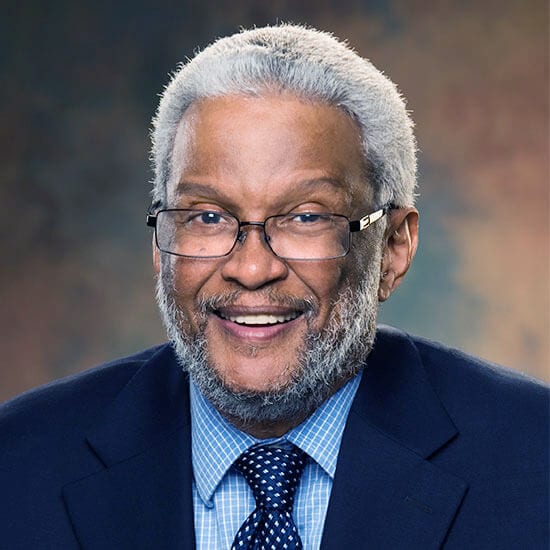Jelly Roll promises a portion of ticket sales from Grand Ole Opry shows.
When Jelly Roll joined forces with Judge Dinkins Educational Center (JDEC), it became more than a partnership — it became a movement. In this video, they share why the mission of JDEC matters and how lives are being transformed every day. Your support helps us continue to create opportunities for at-risk youth to thrive.

This isn't just a safety net. This is a safety network.
The Judge Dinkins Educational Center provides juvenile vocational training in Davidson County for adolescents who might be at risk or engaged with the juvenile or criminal justice system. The Center’s programs are supported by social and emotional learning and focused on sustainable, hands-on education for long-term employment.

We are constructing hope and opportunity for priority youth who are engaged with the juvenile or criminal justice system. With your support, we can change a child’s life trajectory through engagement and empowerment.
Judge Richard Dinkins
A Model of Service & Civic Leadership
“Judge Dinkins’ life and career are marked by an exemplary commitment to service, and he stands as a pillar of civic leadership in Nashville”
– Janet Miller, CEO of the Nashville office of Colliers International




